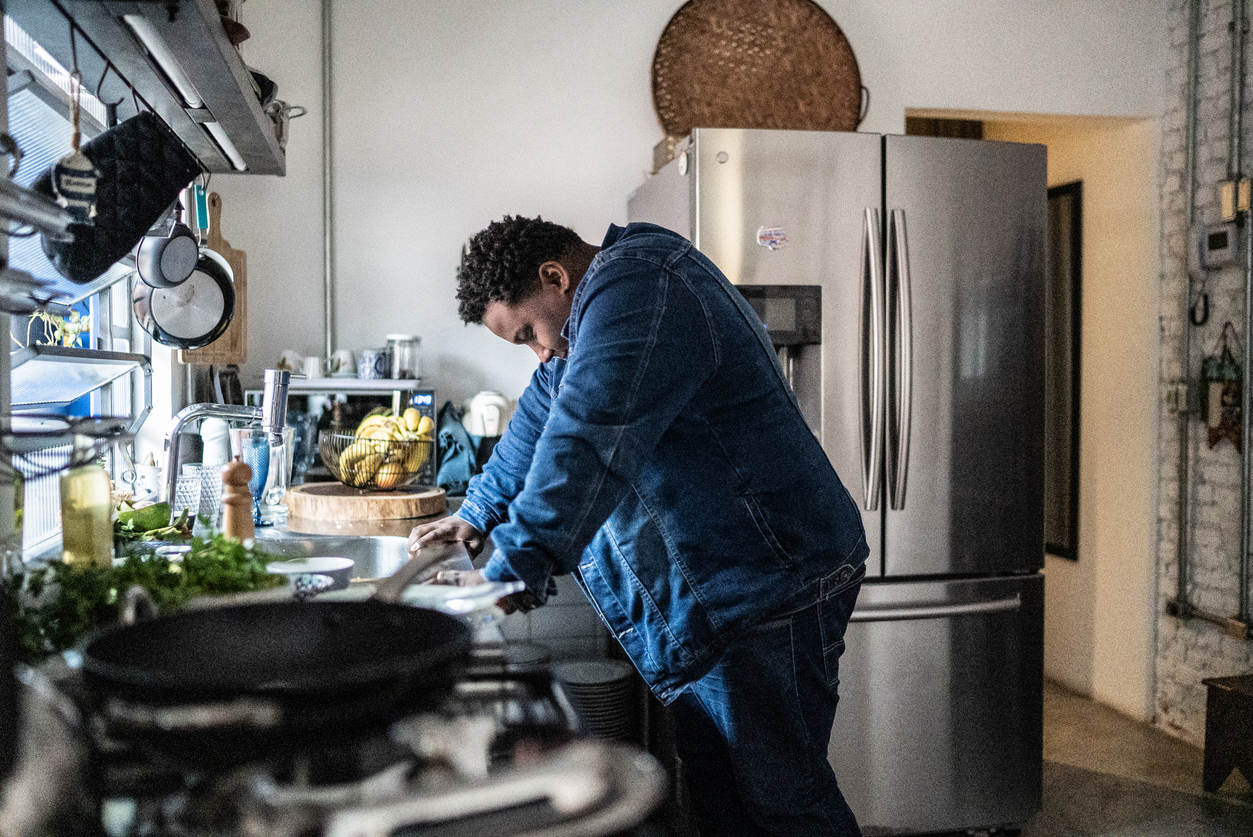Seeking Help for PTSD

Are you or someone you know struggling with the debilitating effects of post-traumatic stress disorder (PTSD)? Living with PTSD can feel isolating and overwhelming, but there is hope. Whether you’re a military veteran who has experienced combat trauma, a survivor of a natural disaster, or have been through a traumatic event, there are various resources and treatments that can help you on your journey to recovery.
What is PTSD?
Post-traumatic stress disorder, or PTSD, is a mental health condition that can develop after experiencing or witnessing a traumatic event. Traumatic events can vary widely and include situations such as military combat, physical or sexual assault, natural disasters, accidents, or the sudden death of a loved one.
People with PTSD often experience intense and disturbing thoughts, feelings, and memories related to the traumatic event. These symptoms can have a significant impact on daily life, affecting relationships, work, and overall well-being. It’s important to understand that PTSD is not a sign of weakness or a character flaw. It is a legitimate medical condition that can be effectively treated with the right support and interventions.
Signs and Symptoms of PTSD
PTSD symptoms can manifest differently in each individual, but there are some common signs to look out for. These symptoms are typically grouped into four categories: intrusive thoughts, avoidance, negative changes in thinking and mood, and changes in physical and emotional reactions.
Intrusive thoughts can include vivid nightmares, flashbacks, or distressing memories related to the traumatic event. Avoidance symptoms may involve avoiding triggers that remind the person of the trauma, such as certain places, people, or activities. Negative changes in thinking and mood can manifest as feelings of guilt, shame, or a loss of interest in previously enjoyed activities. Finally, changes in physical and emotional reactions can include hypervigilance, sleep disturbances, difficulty concentrating, and irritability.
Getting Help for PTSD
When it comes to seeking help for PTSD, there are several options available. The first step is to reach out to a mental health professional who specializes in trauma and PTSD. These professionals have the expertise and experience to provide the necessary support and guidance on the path to recovery.
Therapy sessions with a licensed professional are often a crucial component of PTSD treatment. Another effective therapy is eye movement desensitization and reprocessing (EMDR), which uses rapid eye movements to help process traumatic memories and reduce their impact.
Types of Therapy for PTSD
In addition to CBT and EMDR, there are other therapy options that can be beneficial for individuals with PTSD. Psychodynamic therapy focuses on exploring and resolving unconscious conflicts related to the trauma. Group therapy can provide a supportive environment where individuals can share their experiences and learn from others who have gone through similar struggles coping with trauma. Family therapy can also be helpful in improving communication and understanding among family members affected by PTSD.
Medications for PTSD
Medications can be prescribed to help manage the symptoms of PTSD. Antidepressant medications, such as selective serotonin reuptake inhibitors (SSRIs), are commonly used to treat PTSD. These medications can help regulate mood and reduce anxiety and depression. However, it’s important to note that medication alone is not a cure for PTSD. It is most effective when combined with therapy and other forms of support.
Alternative Treatments for PTSD
In addition to traditional therapy and medication, there are alternative treatments that some individuals find helpful in managing their PTSD symptoms. These can include techniques such as yoga, meditation, acupuncture, and massage therapy. Alternative treatments can provide a sense of relaxation and help individuals develop coping mechanisms for dealing with stress and anxiety.
Support Groups for PTSD
Support groups can be a valuable resource for individuals with PTSD. These groups provide a safe and understanding environment where individuals can share their experiences, learn from others, and gain support from people who have gone through similar challenges. Support groups can be in-person or online, depending on what feels most comfortable for the individual.
Joining a support group can provide a sense of validation, reduce feelings of isolation, and offer practical advice for managing symptoms. It’s important to find a support group that aligns with your needs and preferences.
How to Support Someone with PTSD
No one should have to face the challenges of PTSD alone. If you have a loved one who is struggling with PTSD, it’s important to provide them with understanding, patience, and support. Here are some tips for supporting someone with PTSD:
- Educate yourself about PTSD to better understand what your loved one is going through.
- Be a good listener and allow your loved one to express their feelings without judgment.
- Offer assistance with practical tasks or activities that may feel overwhelming.
- Encourage your loved one to seek professional help and support them in their treatment journey.
- Respect their boundaries and be understanding if they need space or time alone.
- Remind them that their feelings are valid and that they are not alone in their struggle.
- Remember, supporting someone with PTSD can be challenging, so it’s important to take care of your own well-being as well.
Get Help for PTSD at MindRx
Seeking help for PTSD is a courageous step towards healing and regaining control of your life. Whether you choose therapy, support groups, or medication, there are resources and treatments available to assist you on your journey to recovery. At MindRx we provide therapy and psychiatry services in Oregon and Washington for a variety of mental health conditions. Schedule an appointment today to get the help and support that you deserve. Remember, there is hope for a brighter future beyond PTSD.